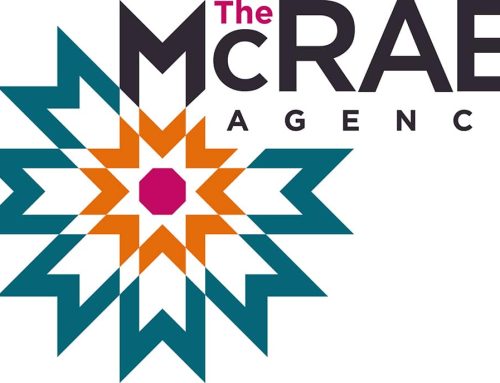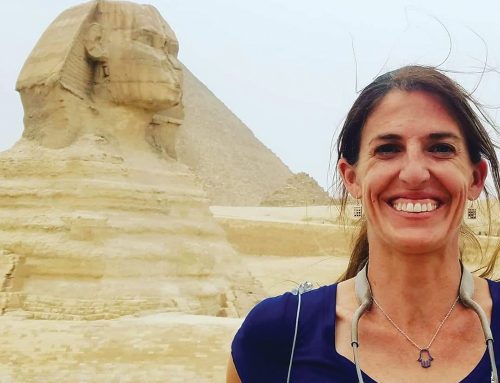Tax rate remains flat; county invests in people, pets, and parks
With a new decade on the horizon, the nation’s fastest-growing county is making smart investments to further position itself as an attractive, long-term home for families and businesses. The Board of Supervisors approved a tentative $2.57 billion budget for fiscal year 2020.
“This fiscally responsible and sustainable budget keeps the tax rate steady for our residents while investing in the kinds of technology and infrastructure that works to serve citizens better,” said Board of Supervisors Chairman Bill Gates, District 3. “These investments include strengthening public safety, improving the voter experience, preserving and enhancing our open space, and utilizing technology and process improvement to save money and make our county government more efficient while providing better service. I am grateful to my colleagues on the Board and to all departments for budgeting in a way that plans for, and protects, the future.”
With the 2020 elections fast approaching, the budget reserves funding for updated elections equipment that is expected to increase the speed with which votes can be counted. Improved technology is one piece of a larger discussion about the future of elections in Maricopa County.
“Making our elections the best they can be is a priority of every person on this Board,” said Vice Chairman Clint Hickman, District 4. “Modern, reliable equipment is essential for a county of our size so we can efficiently handle the potential record number of voters participating in our democracy in the 2020 elections and beyond.”
Recent numbers from the U.S. Census Bureau show Maricopa County added 81,244 people between July 2017 and July 2018, the most of any county in the nation. The FY 2020 budget allocates $296.9 million for capital improvement projects which will modernize the infrastructure needed to support that growing population. Those projects include multi-million-dollar investments in county parks; a new East Valley animal shelter; and a new substation for the Sheriff’s Office in Avondale. The budget also provides continued funding for the new jail intake facility, Southeast Regional Justice Center, Central Court building, and 225 Madison renovation project, which will turn an old jail into modern, usable office space.
“I am proud to be part of the team that continues to pass budgets that protect our taxpayers while serving the needs of our ever-growing county population,” said Supervisor Jack Sellers, District 1. “This budget will assure the protection and well-being of our citizens. I’m pleased the tax rate won’t change nor is the county required to take on debt to fund operations.” At a time when many other counties are taxing as much as they are allowed by state law, Maricopa County’s tax levy is $140.5 million below the maximum.
“We live in the most dynamic county in the United States where people tend to have a lower cost of living and pay less for government services than they do in other large metropolitan areas, while also having access to diverse job and recreational opportunities,” said Supervisor Steve Chucri, District 2. “This budget supports the Maricopa County of the future by building on a great foundation of innovative planning and fiscal intelligence to move us forward.”
Other budget highlights include:
• $1.5 million to continue the current model of animal shelter operations that has resulted in a 95% save rate.
• $1.5 million for process and technology improvements that support the strategic goal of becoming an all-digital county by 2022.
• $100,000 to update unincorporated area plans for the next generation.
• Three new positions for the County’s Innovation Studio, focused on process improvement that in 2018 saved an estimated $1.5 million dollars.
• Full-time, permanent homeless coordinator to support regional solutions to homelessness through Human Services Department.
“Investments in county staff directly benefit the people of Maricopa County by ensuring the best and brightest work here, and not somewhere else,” said Supervisor Steve Gallardo, District 5. “Having a permanent homeless coordinator at a time when the region’s homeless population continues to grow at an alarming rate is one example of how the county is prioritizing spending to make a real difference on issues that matter.”
The public will be able to comment on the tentative budget between now and the final vote which is scheduled for June 24.





